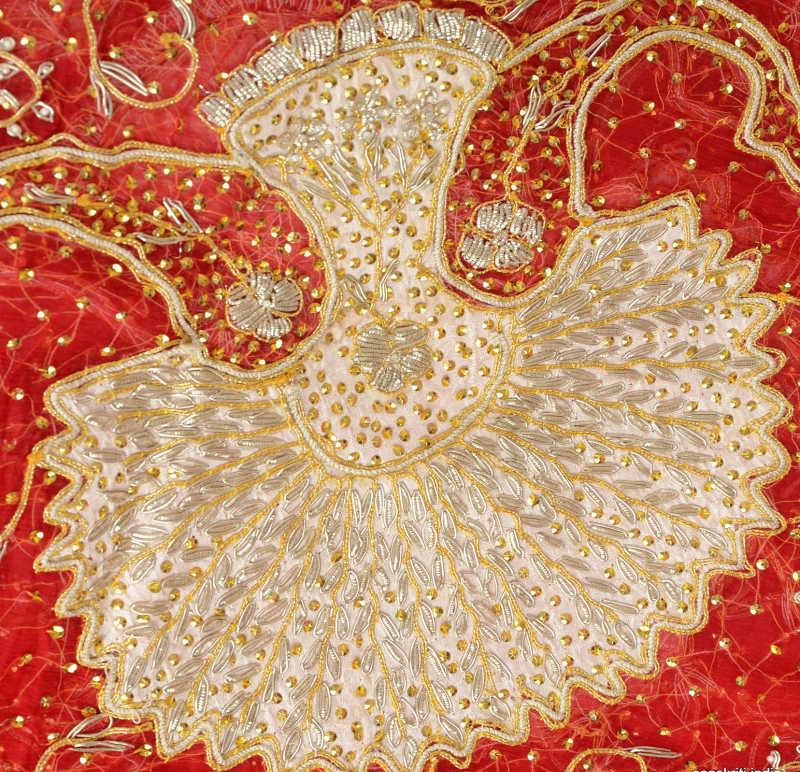===
0977,
7
===

=== |
 |
muġh : 'One of the Magi; a worshipper of fire; — a tavern-keeper (plur. mugġhān ): — muġh-bachā , s.m. The son of a (or a young) fire-worshipper; the son of a tavern-keeper'. (Platts p.1050)
FWP:
SETS
MOTIFS == [BELOVED IS A BOY]; ISLAMIC
NAMES == MUGH-BACHCHAH
TERMS == 'THOUGHT-BINDING'The muġh-bachchah works in the wine-house, and is a helper of the pīr-e muġhāñ . If he is (androgynously) handsome and charming, the drinkers may well give him gifts. But a 'seal of prayer' would not be such a gift. Modern Persian Shi'ite 'prayer-tablets' look like this:
Clearly they aren't really plausible as romantic gifts, or as toys, or as tokens for any kind of games. And since they're ideally made from earth (especially the holy earth of Karbala), they can't really be valuable in a worldly sense. So the 'Mughal boy' in the wine-house who was 'playing with' one should probably be imagined as idly tossing from hand to hand a small object that he'd noticed and chanced to pick up, not necessarily with any special purpose.Note for meter fans: Mir scans the word as bachah , not bachchah . Of course, the latter is the officially correct form, but the one he has used is a permissible alternative.